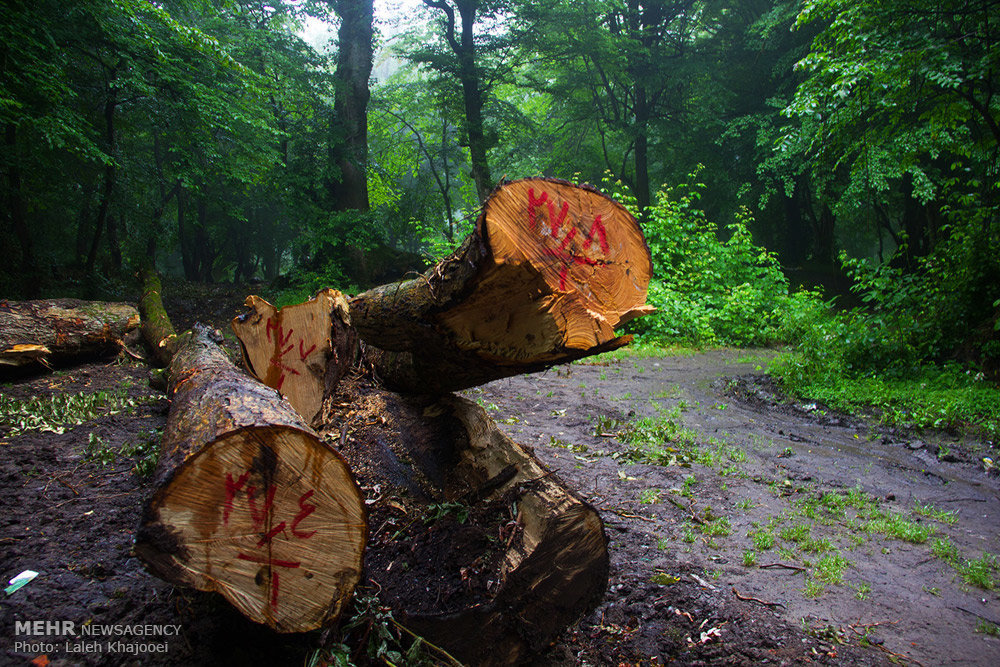The significant deforestation trend in Iran during last 7 decades

TEHRAN – According to the most recent data published by Forests, Range, and Watershed Management Organization, some 14.2 million hectares of Iran’s area is covered by forests compared to 19.5 million hectares in 1942, ISNA reported on Tuesday.
Although there is no precise data about forest areas in Iran, different estimations from various national and international organizations demonstrate that forests of the country are experiencing a significant decreasing trend.
The very first estimation was carried out by Karim Saie in 1942. He reported that Iran had some 19.5 million hectares of forests. Saie was the father of Iranian forestry and founder of Forests, Range, and Watershed Management Organization.
Later he published his second estimation in 1950 which claimed that 18.7m hectares of Iran area in covered by forests.
And some 14 years later, Iran’s natural resources engineering office published an official report indicating that Iran had totally 18m hectares of forests, 3.4m hectares of which were located in northern provinces of Gilan, Mazandaran and Golestan.
This is while the recent report shows forest areas have decreased to 14.2 million hectares totally and 1.8m hectares in all three northern provinces.
Food and Agriculture Organization of the United Nations (FAO) has a different set of criteria for defining forest and accordingly has recognized some 11 million hectares of forests in Iran – covering some 6.5 percent of the country’s total land area.
Legal or illegal logging activities, civil projects, agricultural development, overgrazing and wildfires are among the main reason behind deforestation.
This is a global challenge. According to a UN report published by the Guardian in September 2015, the world had 4,128 million hectares of forest covering 31.6% of the global land area in 1990, however, by 2015 this had decreased to 3,999 million hectares, covering 30.6% – a net loss of some 129 million hectares.
MAH/MQ
Leave a Comment